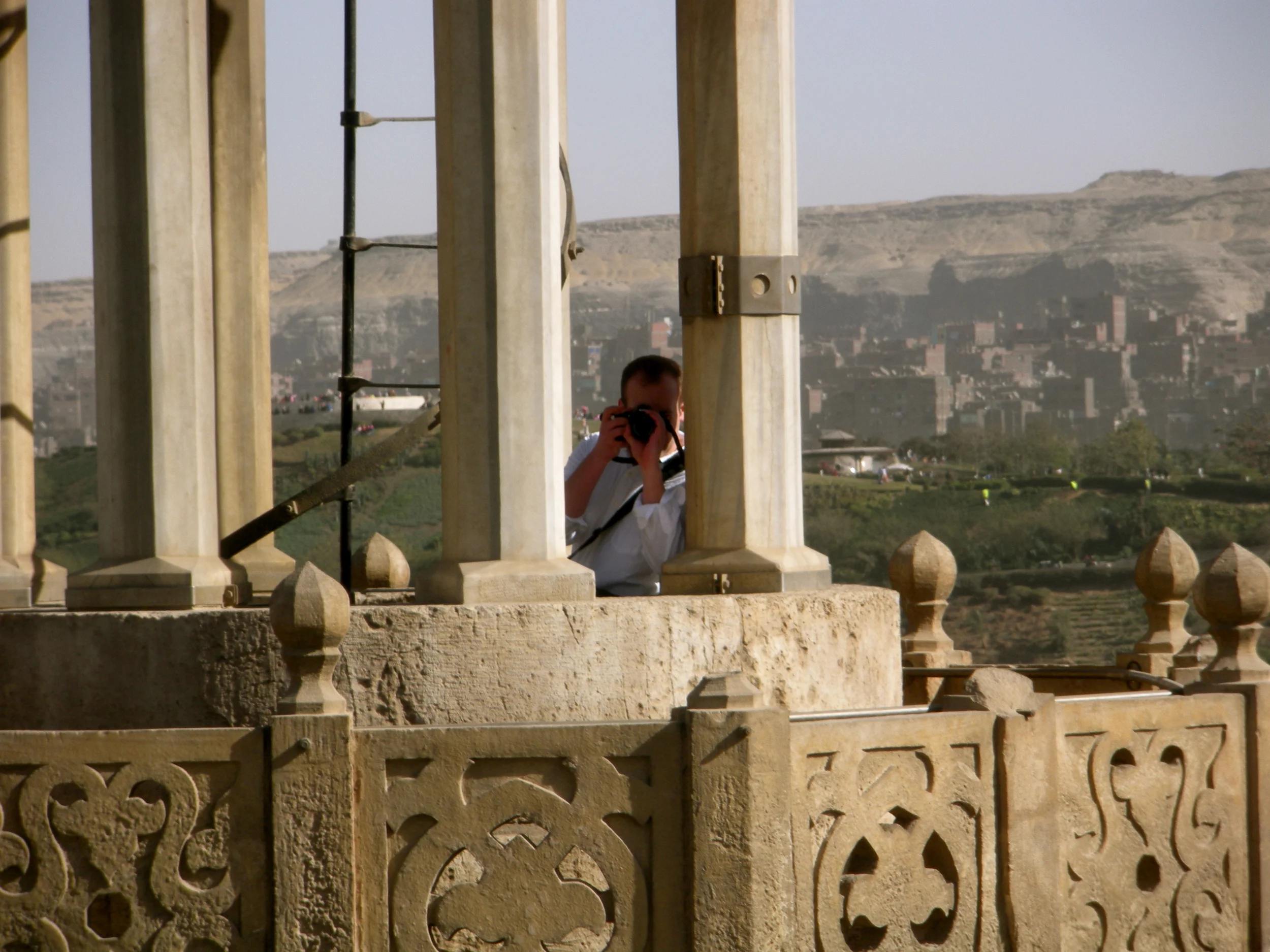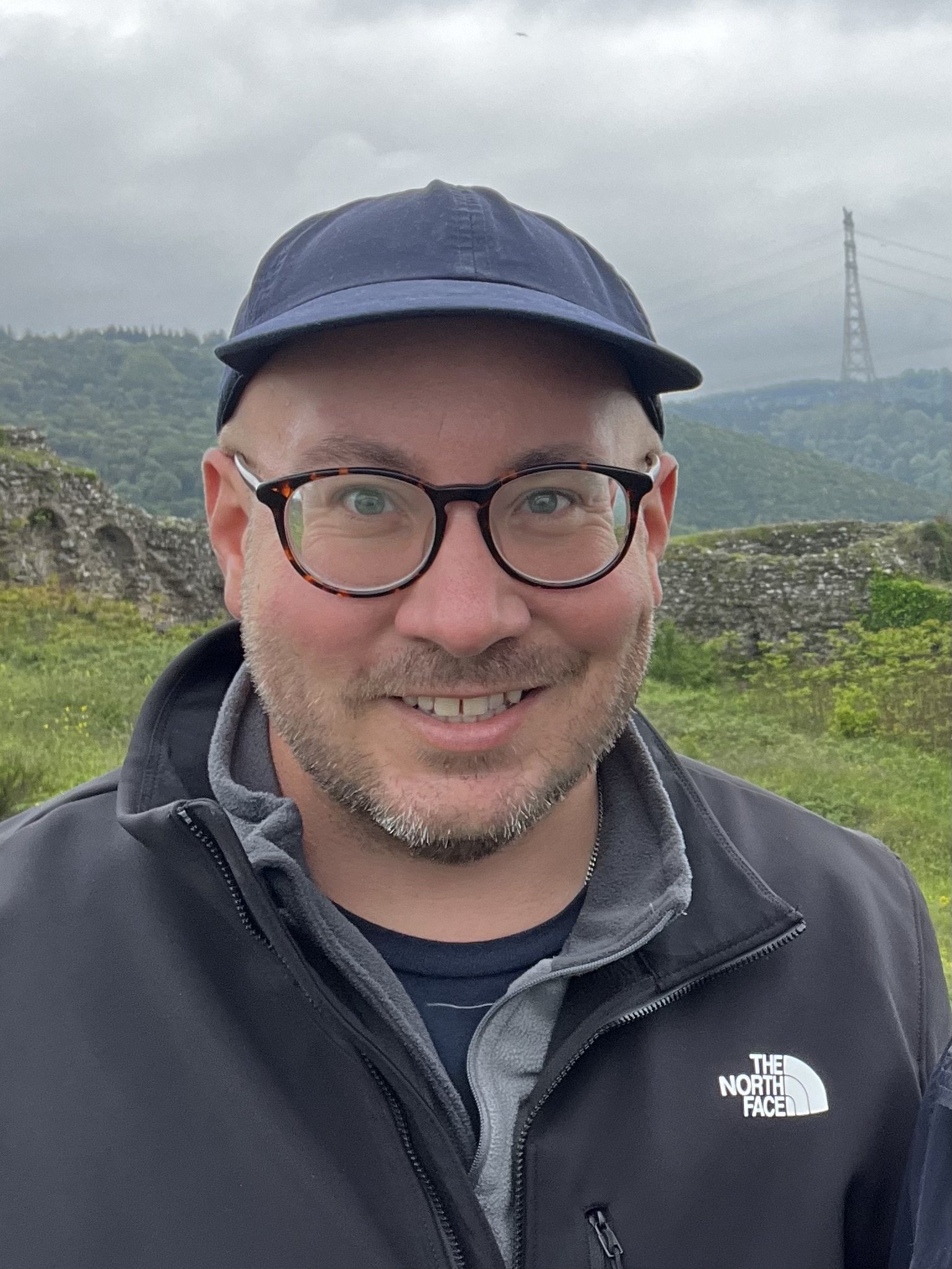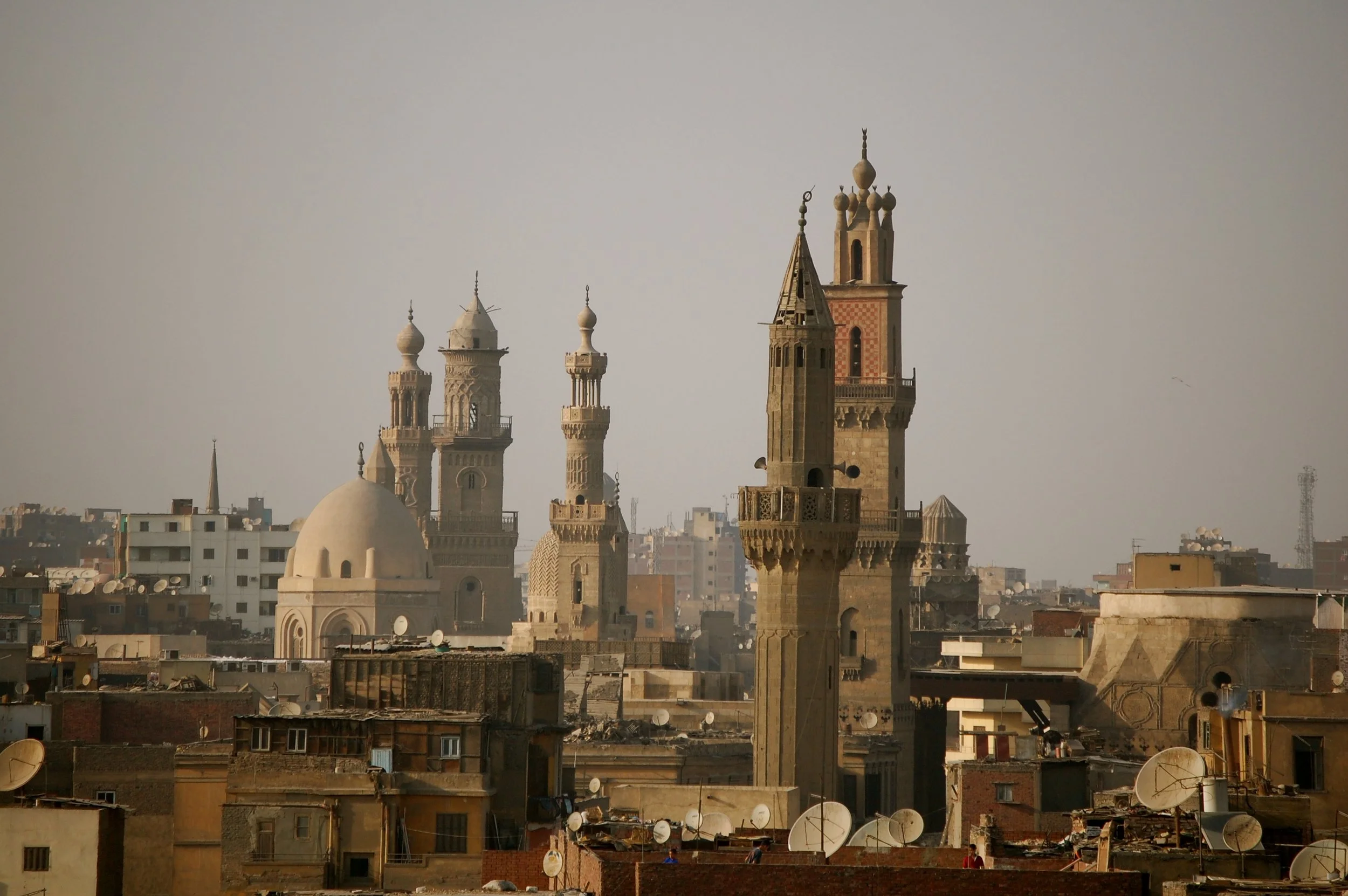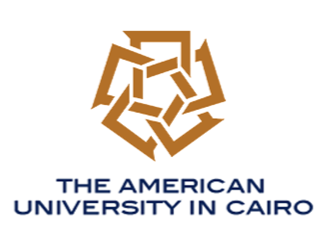I am a Historian of science and the environment specializing in the middle east…
with a focus on agriculture and material practices. My research examines how materials, infrastructures, and technologies shaped the making of knowledge and everyday life in the premodern Middle East, and how those histories connect to broader Eurasian and global systems of exchange.
Currently, I am a postdoctoral scholar at the Max Planck Institute for the History of Science in Berlin, where I work on metals and minerals in Egypt’s medieval and early modern history. My project, “Hapmen’s Enchanted Basin,” traces the biography of an ancient Egyptian sarcophagus—from its creation in the sixth century BCE to its reuse as a healing basin in fifteenth-century Cairo and its modern afterlife in museums and medicine. Through this object’s endurance and reinterpretation, I explore how Egyptians across centuries engaged their material past as a site of science, healing, and meaning. This research forms part of the institute’s Metals, Minerals, and the Life Cycle working group within the Agriculture and the Making of Sciences project. Alongside this, I help organize a colloquium series and two reading groups on related themes to the projects and my interests. I am currently also teaching a course entitled “Making Value and Using Resources” as a guest faculty member at Bard College Berlin. This seminar explores how societies have made and measured value through resources, technologies, and exchange, linking the histories of metal, money, labor, and knowledge.
Minarets of the Bayn al-Qasrayn area of medieval Cairo. © Anthony T. Quickel
My forthcoming monograph, Egypt’s Quiet Sixteenth Century: A Historiography of Transition, reinterprets Egypt’s shift from Mamluk to Ottoman rule through the transformation of its institutions of knowledge and book production. Like my earlier work on food provisioning and environmental change in late medieval Cairo, it explores how material infrastructures—from the networks that sustained urban life to the technologies of writing and transmission—shaped both knowledge and society. I am also developing a collaborative initiative which examines how cobalt and related pigments transformed artisanal and scientific knowledge from the Middle East to Europe.
From 2019 to 2023, I coordinated the EGYLandscape Project, a German-French collaboration that mapped Egypt’s environmental history and landscapes between the thirteenth and eighteenth centuries, creating an open-access digital GIS resource. Earlier, as a research fellow with the DynTran (Dynamics of Transmission) Project (2015–2018), I investigated how knowledge circulated among families and social groups across the fifteenth to seventeenth centuries in the broader Middle East. I have also contributed to research networks such as TransOttomanica and Taziz Science Cooperation: Material Culture in the Eastern Mediterranean.
Before moving to Berlin, I taught “Survey of Arab History” at the American University in Cairo, an undergraduate introduction to the history of the Arab world. My teaching emphasizes the creative act of historical interpretation—pairing primary sources and material evidence with historiographical debate to explore not only what we know but how we know it.
In addition to my academic interests, I like to travel, eat and cook good food, look at beautiful things, read ceaselessly, and explore and observe nature. I am currently based in Berlin, but I spent the last sixteen years living in Cairo and grew up in Central Pennsylvania.
Check out my CV here: Curriculum vitae
EDUCATION
2024 - PhD - Islamic Studies (History) -
Philipps-Universität Marburg, Marburg an der Lahn, Germany
Supervisor: Prof. Albrecht Fuess
2015 - MA - Arabic Studies (Middle East History)
The American University in Cairo, Cairo, Egypt
Supervisor: Prof. Leonor Fernandes
2008 - BA - International Studies
American University, Washington, DC





